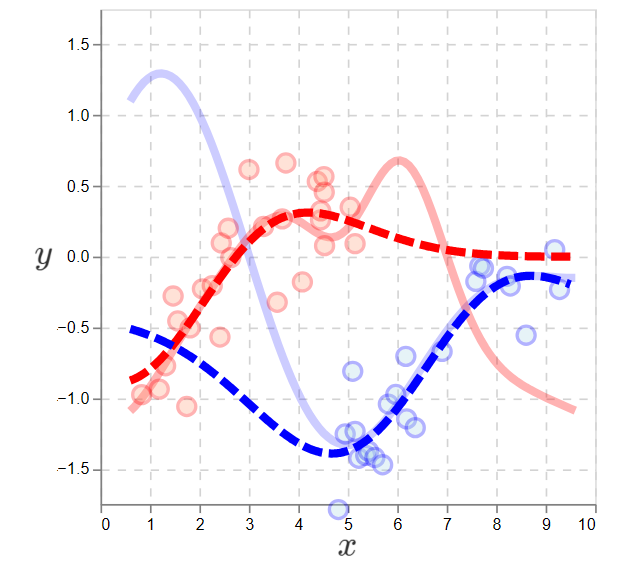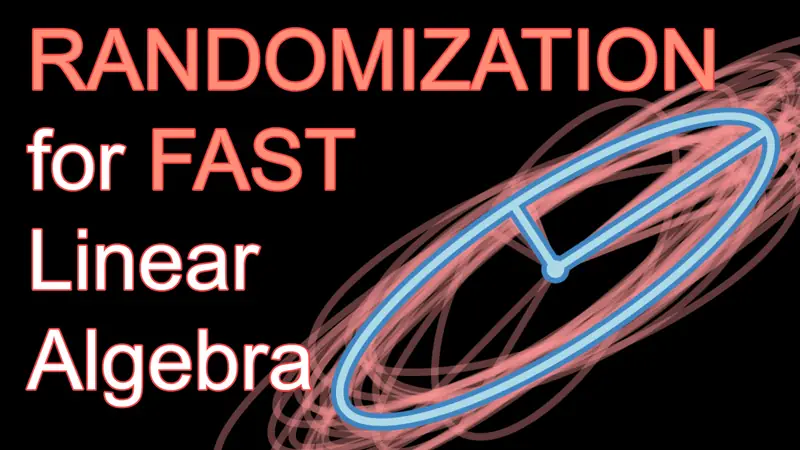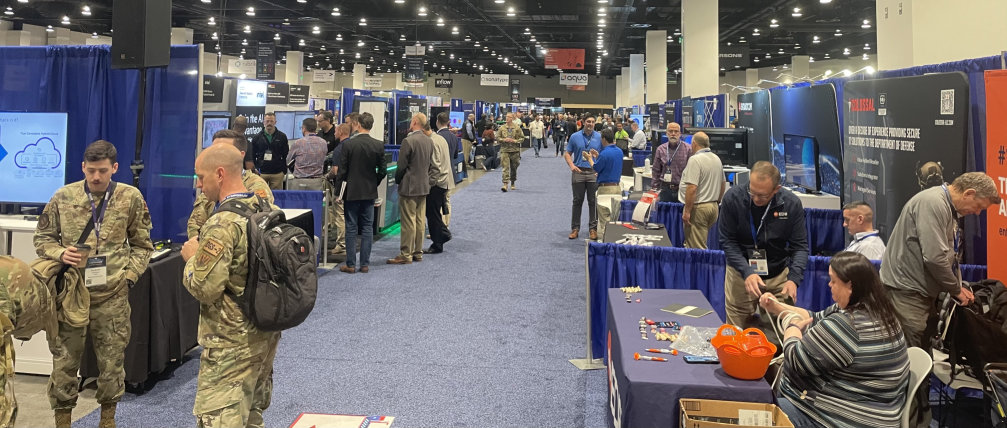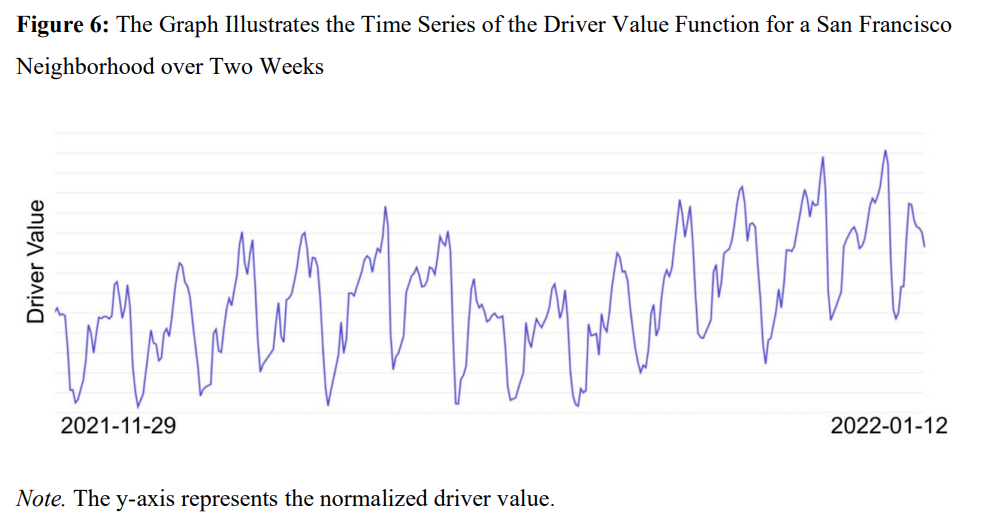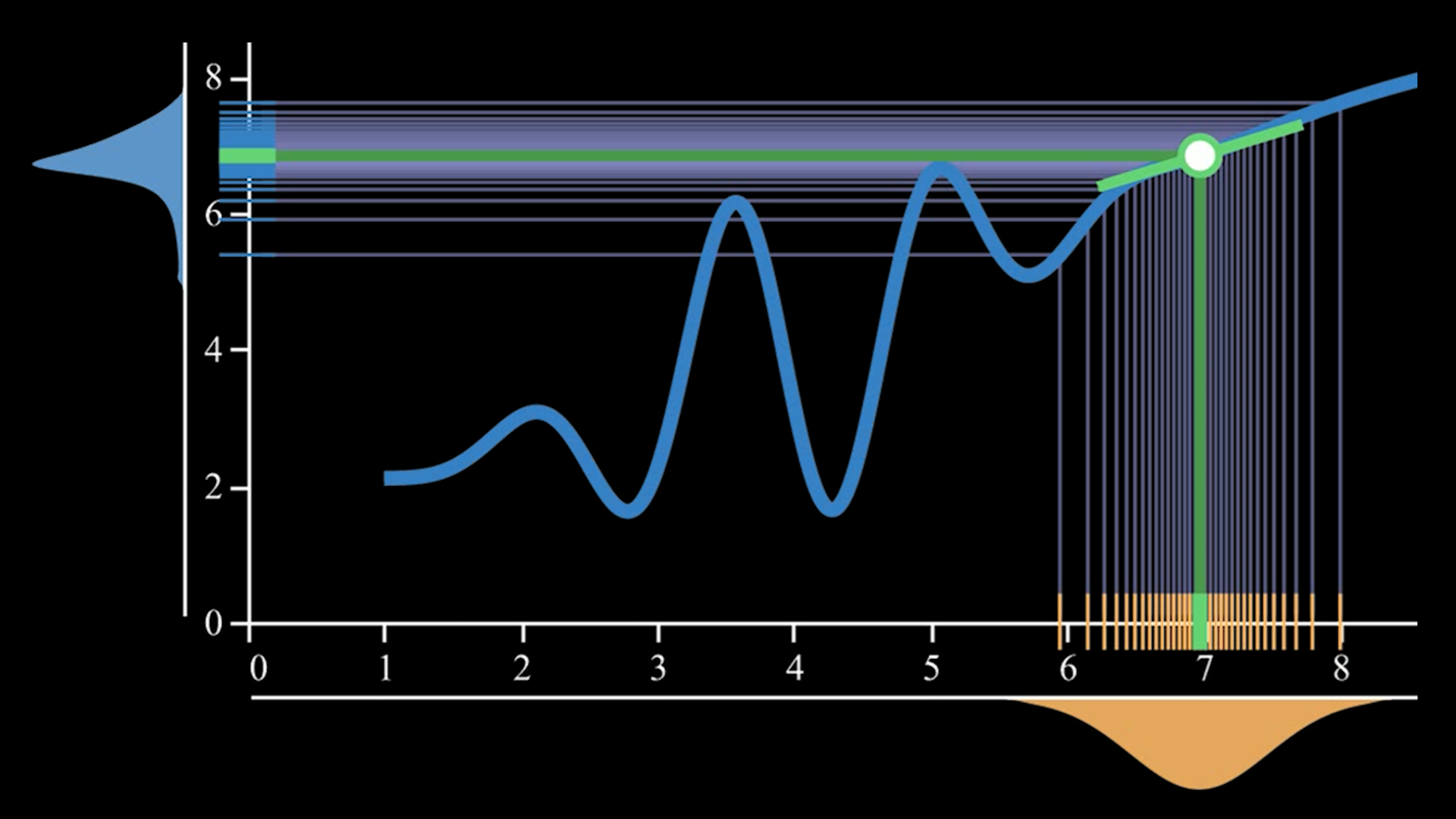-
Writing
-
- TrueSkill Part 2: Who is the GOAT?
- TrueSkill Part 1: The Algorithm
- Algorithmic Operations: Lessons from Bandit Algorithms
- When does the Delta Method approximation work?
- Bias-Variance Trade-Off
- Information Theory and Entropy
- Generalized Linear Models
- Jensen's Inequality
- The Fisher Information
- Bayesian Optimization
- The Exponential Family
- Motivating the Gini Impurity Metric
- A Brief Explanation and Application of Gaussian Processes
- The Trace as a Measure of Complexity
